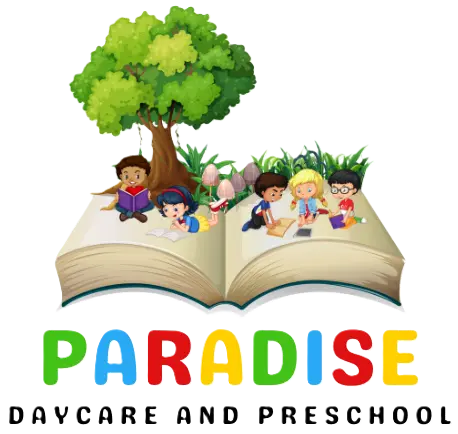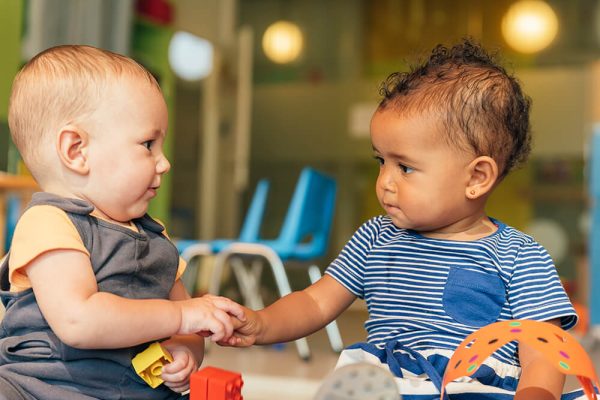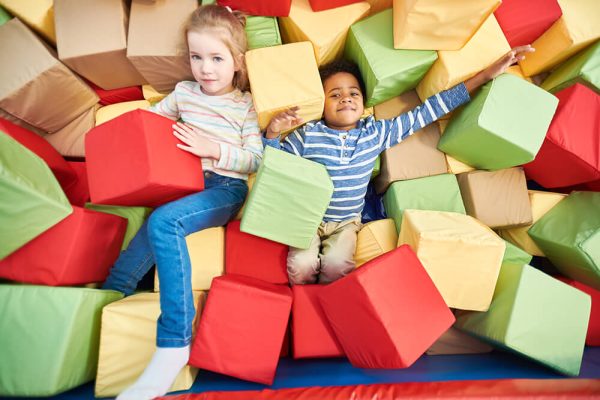Programs
Our Curriculum

Core Educational Foundations
Early Childhood Education: Structured curriculum focusing on cognitive, social, emotional, and physical development.
Age-Appropriate Learning Activities: Educational programs and activities for Infants, Toddlers, and Preschoolers to prepare children
for kindergarten.
Language and Literacy Development: Introduction to alphabet, numbers, basic reading skills, colors, and shapes.
Math and Science Exploration: Basic mathematical concepts and hands-on science activities.

Developmental Skills Enhancement
Fine and Gross Motor Skills Development: Activities to enhance both fine and gross motor skills through play and exercises.
Sensory Activities: Introduce sensory play with materials like sand, water, playdough, and textured items to stimulate the senses and encourage exploration.
Arts and Crafts: Opportunities for creative expression through drawing, painting, crafting, and other artistic activities.
Music and Movement: Music activities, singing, and movement exercises to promote rhythm and coordination.

Social and Cultural Growth
Cultural Awareness: Activities promoting understanding of different cultures and traditions.
Socialization Opportunities: Structured play and group activities such as circle time, story time, and name recognition games to encourage social skills, collaboration,
and cooperation.
Group Play and Games: Incorporate group play and games that encourage
sharing, turn-taking, and teamwork, promoting social development in a fun and
interactive manner.
Behavior Management: Positive behavior guidance strategies to foster a supportive and respectful environment.

Health, Safety, and Well-being
Indoor and Outdoor Playtime: Safe and supervised play areas for physical development and exploration.
Health and Safety Measures: Safety protocols, childproofing, and emergency procedures.
Hygiene Practices: Teaching basic hygiene habits like handwashing.
Nutritional Support: Balanced meals and snacks as per nutritional guidelines.
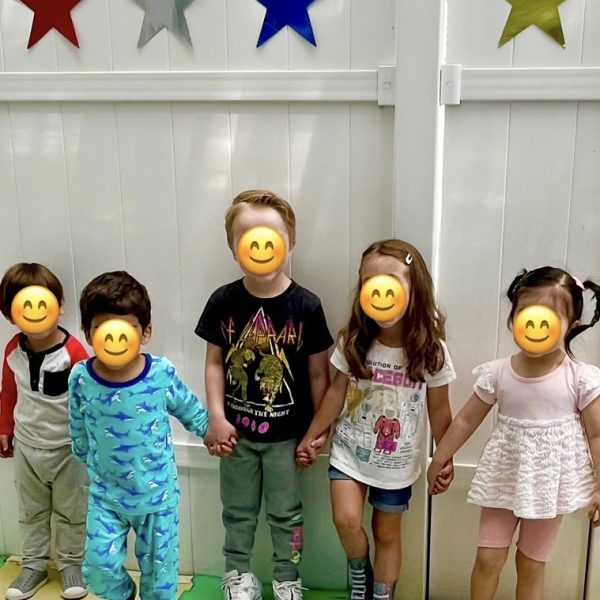
Structured Support and Routine
Potty Training Program: Structured and tailored potty training sessions. Positive reinforcement techniques to encourage progress. Consistent and patient approach for successful outcomes.
Nap or Rest Time: Designated time for children to rest or take naps, varying by age.
Routine and Consistency: Establishing a consistent daily routine to provide stability and predictability for the children.
Transition Support: Assistance with transitions between different activities or age groups, and preparation for changes in routine.
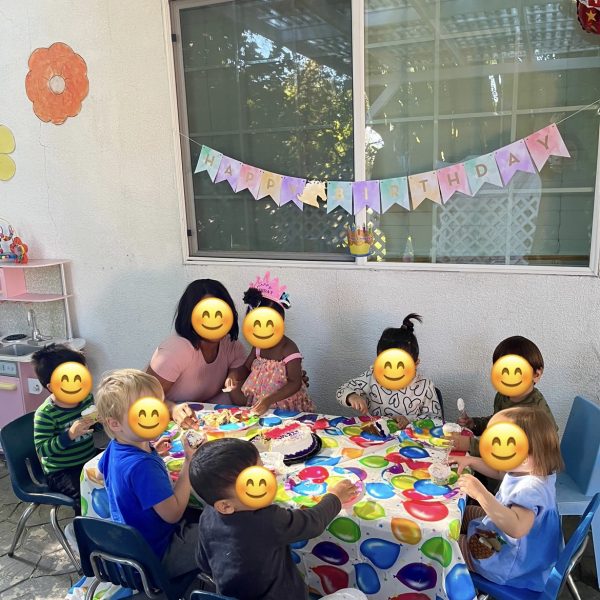
Family Engagement and Flexibility
Parental Involvement/Communication: Parent-teacher conferences and events to involve parents in their child’s educational journey.
Assessment and Progress Reports: Regular assessments and progress reports to track a child’s development, activities, meals, and any concerns.
Flexible Scheduling: Full-time and Part-time options to accommodate parents’ work schedules and after-school care services.
Customized Attention: Provide individualized attention to each child, recognizing and addressing their specific needs, interests, and developmental milestones.
